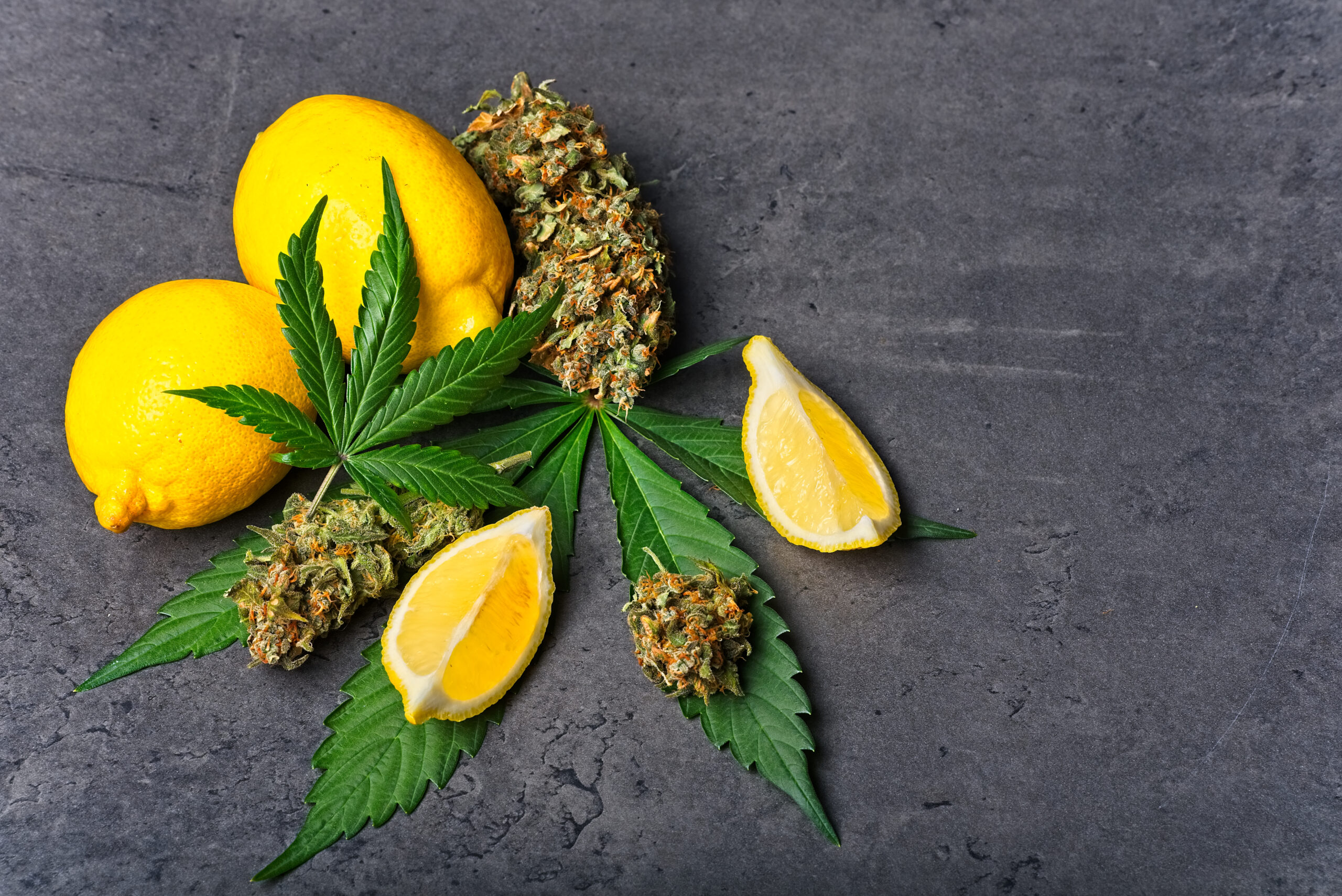Connect with us
Published
1 month agoon

As the cannabis industry and research surrounding the plant continues to evolve, our collective understanding of cannabis and everything it has to offer us is constantly changing.
It’s not uncommon to hear consumers in a dispensary immediately ask to see the products containing the highest THC, but advocates and experts have long attested that there is far more to consider when it comes to cannabis and its potential effects and benefits.
This often goes back to the entourage effect theory, which deems that cannabis and associated products with a wide array of natural cannabinoids (THC and beyond) and other compounds like terpenes produce an even more impactful, well-rounded experience than the high offered by THC alone.
Recent research has honed in on the entourage effect, ultimately confirming that there is indeed much more to a quality high than simply looking at THC content. And a new study is taking things even further, looking specifically at the terpene limonene.
Terpenes are present in cannabis and other plants and botanicals, most often cited for creating their flavor and aroma. However, research has found that terpenes have more to offer, including a range of unique potential effects and benefits for consumers.
In the limonene study, published in April 2024’s volume of the journal Drug and Alcohol Dependence, researchers from Johns Hopkins University School of Medicine and the University of Colorado Anschutz Medical Campus found that the terpene’s presence in cannabis is associated with reduced THC-induced anxiety.
Limonene is often cited for its citrusy aroma and flavor and, as the name may suggest, is abundant in citrus fruits like lemons. It’s also one of the most abundant terpenes in the cannabis plant.
Researchers sought out to learn whether limonene reduces anxiety and how it may interact with the effects of THC.
To test the impact of limonene, researchers recruited 20 healthy adult participants to complete nine double-blind outpatient sessions, in which they inhaled vaporized THC alone (15 mg or 30 mg), limonene alone (1 mg or 5 mg), the same doses of THC and limonene together or a placebo. A 12-patient subset also completed a tenth session where researchers administered 30 mg of THC and 15 mg of limonene.
After analyzing outcomes, researchers confirmed that the simultaneous administration of limonene and THC reduced subjective feelings of THC-induced anxiety. This combination did not alter the other subjective, cognitive or physiological effects of THC, however, and limonene alone did not appear to reduce anxiety.
While it’s still unclear how exactly limonene and THC interact with one another, the study is significant in that it turns focus to the relationship between cannabinoids and terpenes. Researchers note that many other studies looking closer at the entourage effect tend to focus on the relationship between cannabinoids.
“To date, clinical research on interactions between THC and non-THC constituents has focused primarily on CBD, an abundant cannabinoid found in cannabis that, alone, typically does not produce acute intoxicating or impairing effects,” researchers state. “… Beyond CBD, there are various other cannabis constituents believed to influence the effects of cannabis that remain understudied,” like limonene and other terpenes.
It’s important to note that the combination used in the study is unlikely to appear at your standard dispensary, given that researchers used pure THC and limonene, rather than cannabis flower. Still, despite some of the study limitations, it provides a promising look at the entourage effect that limonene has on THC and could encourage further research on this and other terpenes.
Ongoing research on the topic could also prove to alter the cannabis industry as a whole and help consumers to more accurately find products that fit their needs. While the standard today tends to be looking at cannabinoid content and sativa, indica or hybrid classification to hone in on specific effects and benefits—and there is still much more to learn—these studies encourage all of us to think a bit bigger when it comes to cannabis.


Study Reveals State Cannabis Legalization Lowers Immigrant Deportation


DEA Challenges Bid To Use Psilocybin Under ‘Right To Try’ Legislation


Vegans Rejoice as Farmers Switch from Chickens to Hemp


Louisiana Legislative Committee Unanimously Passes Adult-Use Cannabis Framework Bill


Louisiana House Bill to Regulate Hemp Products Advances Along With Senate Bill to Ban


Cresco Labs Workers Reportedly De-Unionize
